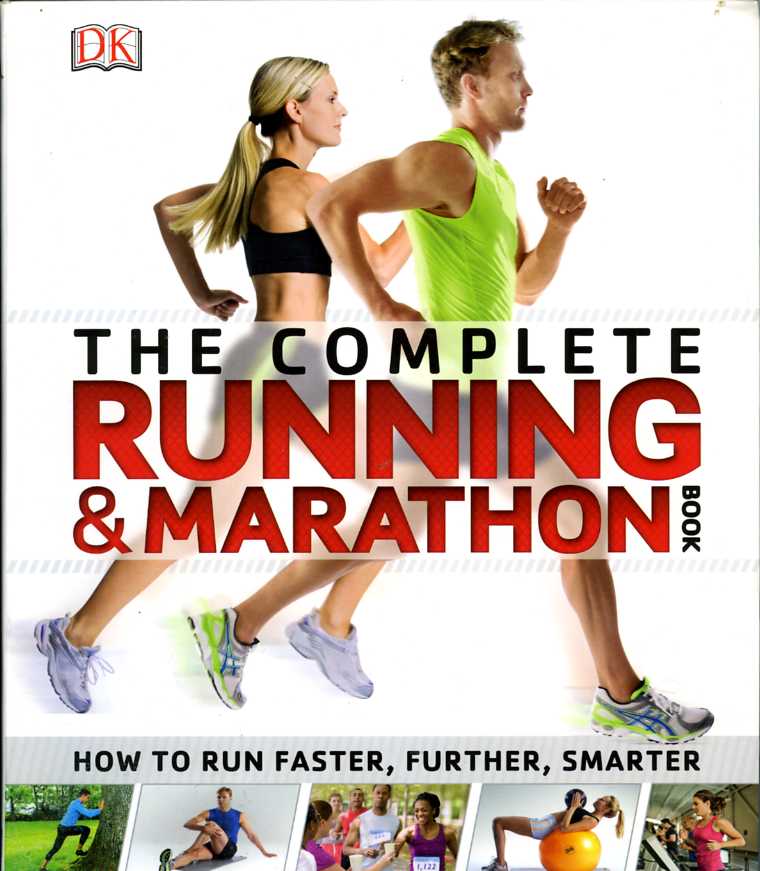(for vets @40,50,60,70!)
This is an occasional series of blogs about running as a ‘Vet’. Vet means old. Old in the running establishment is more than 40. This wisdom is really for people older than that. Depending on your condition running may continue to get easier and better even in your 50s. At a certain point though you’d be best advised to think a bit more deeply and clearly about your approach. This note picks up where we left off some months ago with the work up to a regular 5k run.
To go further, and we will generally advocate ‘further’ rather than ‘faster’, you need to think about a training plan.
There are a lot of ‘experts’, with lots of advice and information. Information overload is not far away. Techniques for youngsters in their teens and twenties are probably not appropriate. Can you learn from elite athletes? from Olympic competitors? From those sponsored by a Big Brand? If you are not in their league in fitness and performance, to follow their training plan may cause more harm than good.
To get started a wide-ranging and general source of running information is necessary. It will set the scene for more structured training and, later, can be used to assess alternative advice you receive. This is one is a good compendium of readily accessible running knowledge.

You can find it on Amazon, of course.
It is not “The” definitive guide, that is not why it is mentioned here, but it gives relevant information in a very accessible style. There’s many pictures, diagrams, and tables. The point is to open your eyes to the wide range of considerations that are important for a well-managed running plan. Here’s a description of the content.
The first section has a strange title ‘The Running Lab‘ (28 pages). This provides information about the body: the limbs, the joints, the lungs, muscle and the different muscle groups. It also explains the ‘running cycle’ – which muscles are activated when. There’s also advice on assessing your running style and fitness.
‘Get Ready to Run‘ (30 pages) is a section which covers everything very briefly to get you on the way. Goals, gear, nutrition, hydration, warm-up and cool-down procedures, pre- and post-run stretching and exercises, and technique drills.
‘Plan your Training‘ (33 pages) covers training principles including cross-training and avoiding overtraining. There’s sections for beginners and for more advanced runners and there are example programs for building a base foundation, for preparation for 5k, for 10k, for half marathon, and for full marathon. There’s also short sections on speed, strength & endurance, and post-race programs.
‘Build your Strength‘ over 30 pages provides illustrated exercises for building core strength to support your running. Some of these use weights and bands and exercise balls, but many can be managed with just a mat. Which will you use? Clearly not all of them! But if you find an exercise program you want to follow this will give you an idea of what might be missing, it also makes clear which muscle groups are targeted by each exercise.
‘The Race‘. There’s a short 10 page section on preparing for a race.
‘Essential Maintenance‘ (25 pages) gives advice about avoiding injury. There is a section on foam roller self-massage exercises. Sections on ‘common complaints’ and injuries provide a description of symptoms and typical treatments.
How have I used it? It has been a first port of call when I want to check on something.
A colleague talked about stretching before a run. What sort of stretching? How much? I could immediately get an idea from this book, even if it was not something I wanted to incorporate in my routine.
I had a niggle, a pain in the side of my leg – again I could look it up.
I’d been persuaded to put my name down for a 10k race. How much running should I be doing in preparation? Again I could get an idea immediately from the book.
The are many nuggets of gold here for the novice: tendons in the foot can be subject to a force of 7x the body weight during running; training must be varied to be effective; don’t use static stretches before a run.
It is rewarding to find your own nuggets of wisdom!